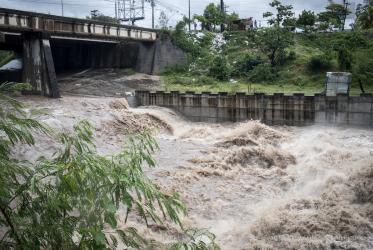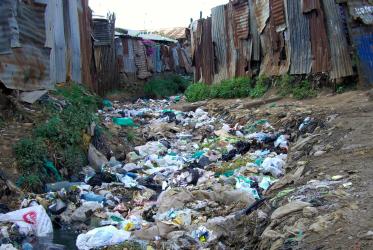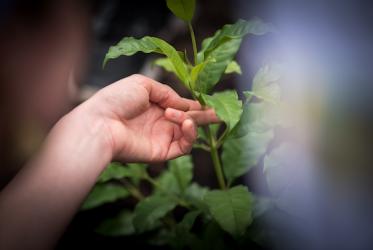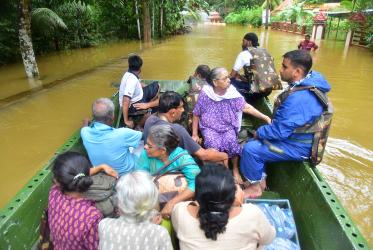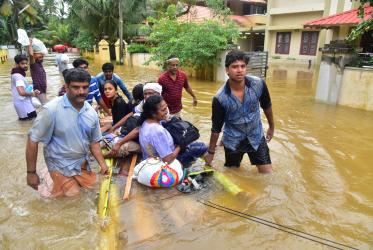Displaying 1 - 20 of 24
Protecting Ethiopia’s church forests
27 October 2021
Global webinar will discuss environment, agriculture and water
03 December 2020
On World Toilet Day, sanitation is “an issue of justice”
16 November 2020
Church of South India eco-ministry featured on UNESCO website
17 February 2020
WCC represented at International Sanitation Convention in India
18 October 2018
Seven weeks of Lent highlight water crisis in Africa
01 March 2017
During Lent, a “carbon fast” can honour God’s creation
09 February 2017
Winners of WCC photo contest announced
09 May 2016


